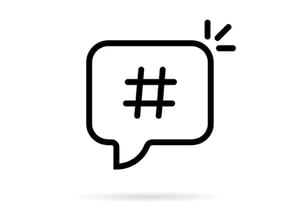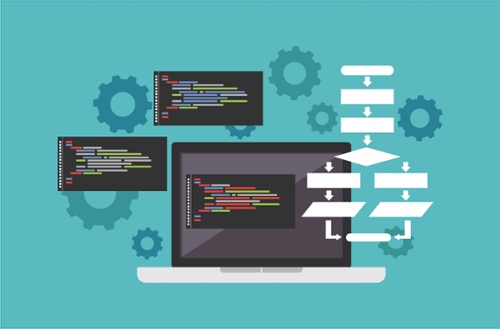 It’s hard to believe, but Twitter is 12 years old this year. Remember when it was new? At the time, a whole lot of people wrote it off as a solution in search of a problem. Who, in their right mind, would want to participate in a service whose only function was to enable people to share their most mundane thoughts with each other, and with the world at large, in 140-character chunks?
It’s hard to believe, but Twitter is 12 years old this year. Remember when it was new? At the time, a whole lot of people wrote it off as a solution in search of a problem. Who, in their right mind, would want to participate in a service whose only function was to enable people to share their most mundane thoughts with each other, and with the world at large, in 140-character chunks?
No one could have predicted that Twitter would evolve to become one of the most important communication channels of the early 21st century. Even Twitter’s original developers weren’t certain at first what it would turn out to be—or how it would make money.
Of course, a good part of the reason for Twitter’s success is precisely that it wasn’t a solution to a specific problem. Like a programming language, Twitter was a flexible medium in which its users could decide what problems they wanted it to solve. By not narrowly focusing Twitter on a specific use case, and by making it easy, convenient, and fun to participate, Twitter’s developers, wittingly or not, sowed the seeds for its explosive growth.
Twitter and Its Discontents
Twelve years on, the novelty has worn off a bit, and Twitter’s phenomenal growth trajectory has slowed. Part of it is market saturation—pretty much everyone on the planet who wants or needs a Twitter account already has one. A growing factor, however, is the unease among some users regarding Twitter’s use of their personal information, photos, tweet contents, and more, in an effort to maximize its advertising revenue. Advertisers want to target their messages to those most likely to respond, and are willing to pay top dollar for the privilege of reaching those specific potential customers. Twitter is sitting on tons of data that enable advertisers to do just that, and not everyone is comfortable with it.
Hence the motivation for a new, Twitter-like service called Mastodon.
What Is Mastodon?
The backers of Mastodon describe it as an open-source, decentralized, federated microblogging platform. Let’s unpack that.
- Open-source: The software that powers the Mastodon platform follows the open-source model, where anyone with the ability and inclination can take the source code and modify it to his or her own purposes. Unlike the Twitter platform, it’s not proprietary intellectual property.
- Decentralized: Twitter exists on servers owned and operated by the company. Mastodon, by contrast, has no central authority operating it; instead, individuals or communities can download the Mastodon base code, modify it if desired, set up their own server (known as an instance), make it available for users to join, and moderate the activity. Each instance is funded by its administrator or community, which sets its own rules. In this way, it’s somewhat akin to the dial-up bulletin board systems (BBSs) that were popular in the 1980s.
- Federated: Unlike those old BBSs, each of which existed on its own with no good way to communicate with each other, Mastodon instances can federate with the greater Mastodon network, which means that users in one instance can follow users in any other federated instance. (However, instance administrators can choose, for whatever reason, not to federate with the Mastodon network.)
Under this model, Mastodon is not funded or motivated by advertising, so users can toot (the Mastodon equivalent of “tweet”) with impunity, knowing that what they say cannot be used by third parties to sell them stuff.
Mastodon vs. Twitter
In addition to its guiding principles, Mastodon has a few nice features:
- A 500-character limit on posts (Twitter’s is now 280 characters)
- Optional two-factor authentication, increasing account security
- A “content warning” field that enables users to add metadata such as “spoiler alert!” or “not safe for work,” or simply summarize a longer post
- Multiple mobile apps to choose from
In addition, the only part of the content that is searchable is the hashtags; thus, hashtags are more important in Mastodon than they are in Twitter.
So, is Mastodon better? It depends on your perspective. Users who dislike the targeted ads in Twitter or who have other privacy concerns will be enthusiastic about Mastodon’s ad-free, decentralized philosophy. But those who want easy access to the wide-ranging audience in the Twitterverse may be turned off by Mastodon’s more fragmented ecosystem, organized around individual instances with smaller communities serving narrow interests. It’s unlikely, for instance, that celebrities or major political figures with outsized egos will take to Mastodon.
Perhaps that’s the best part.

















